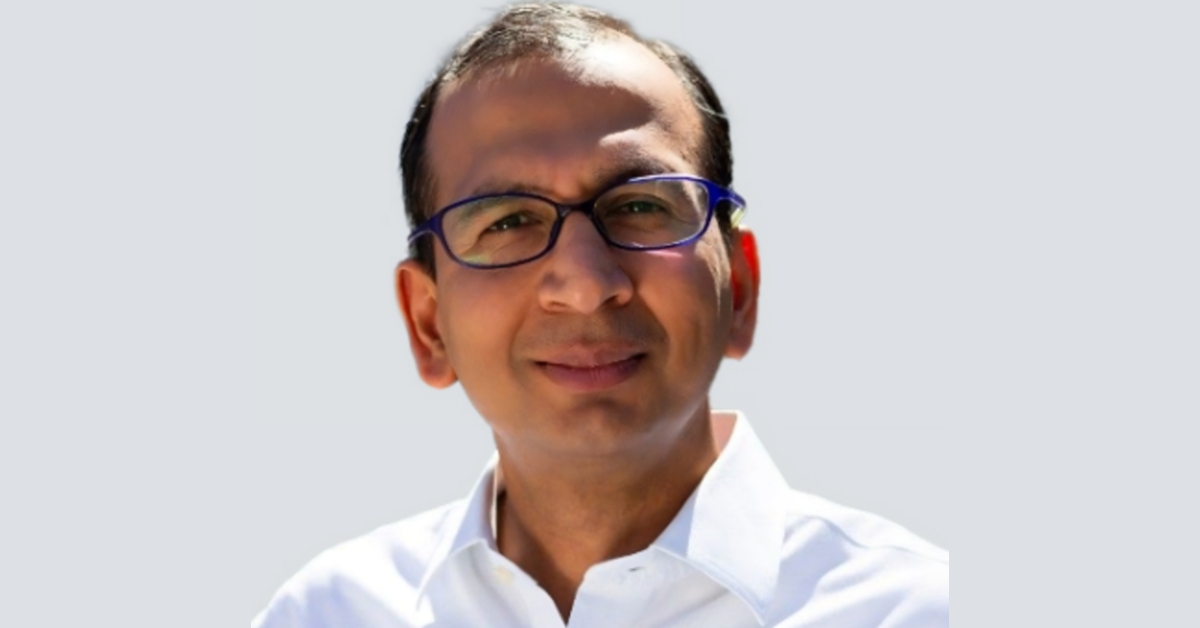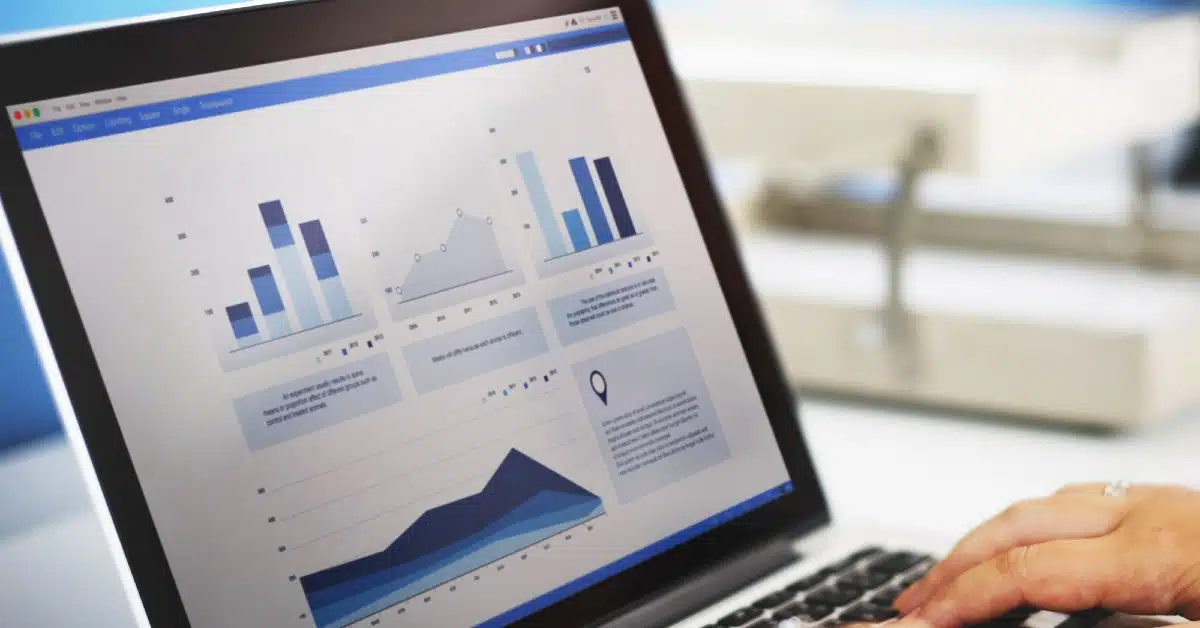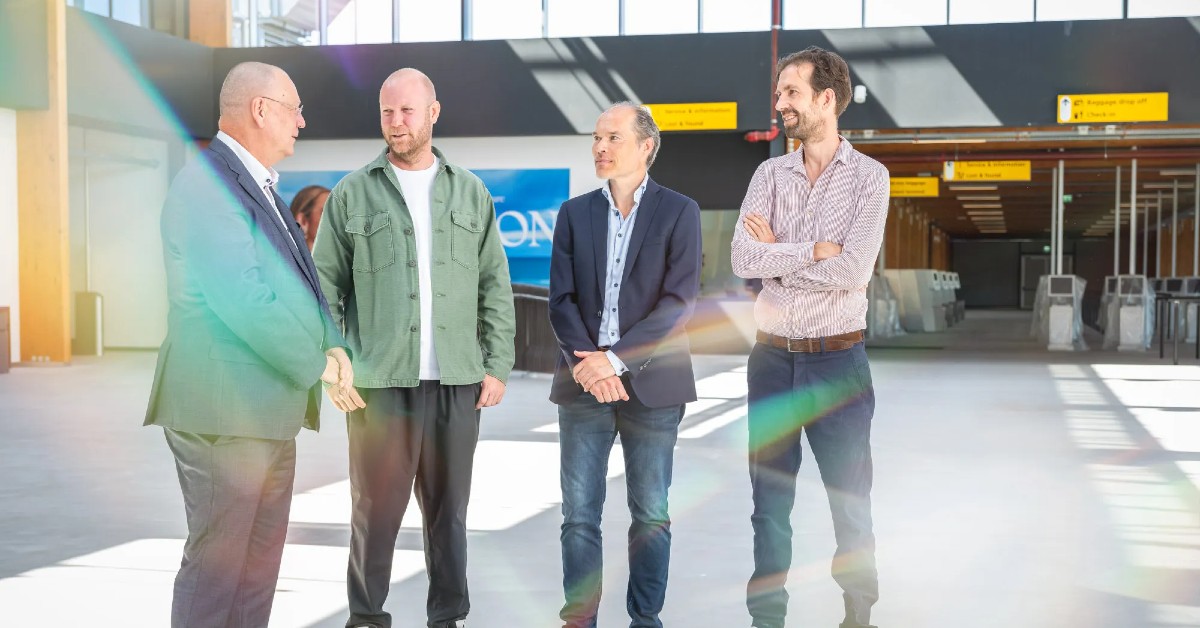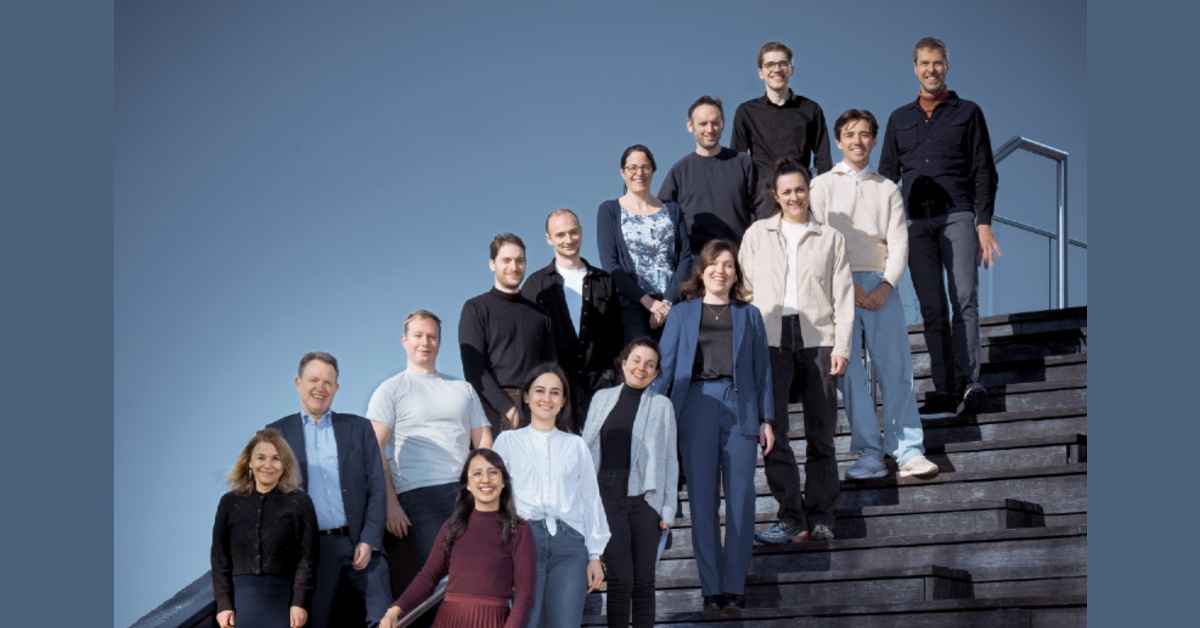Oslo, Norway-based Tise, an app for second-hand purchases in the Nordics, announced that it has raised NOK 200M (approximately €19.44M) in a fresh round of funding. The investment came from Nysno Climate Investments, Bring Ventures, eBay Ventures and existing investors.
Lene Hodge, Investment Manager at Nysno, says, “On Tise, millions of users are inspired to shop second-hand, save the environment, and reduce their climate footprint – and the next generation is leading the way. Tise’s social, digital platform will create lasting change in how we shop.”
Nysnø Climate Investments was established in 2017 and is a state-owned climate investment company that invests in startups and funds with profitable and smart solutions to reduce greenhouse gas emissions. With NOK 2.9B (approximately €281.98M) in assets under management, Nysnø invests in clean energy, digital and enabling technologies, resource efficiency, sustainable demand, and the circular economy. Based in Stavanger, Nysnø is owned by the Norwegian Ministry of Trade, Industry & Fisheries.
Buy and sell second-hand items
Founded in 2014 by Eirik Rime and Axel Franck Næss, Tise is a marketplace that aims to make it easy to buy and sell second-hand items, with integrated logistics and payment solutions for a safe user experience. The company believes that second-hand trade is an important key to making the world more sustainable.
On the Tise app, users can like, chat and add filters and text, as well as follow other people’s profiles. Currently, the app’s community has over 2.5 million registered and 150,000 daily users that spend an average of 17 minutes every day. Since its launch in 2016, over 6.5 million items have been sold through Tise.
Capital utilisation
With over one million registered users in Norway alone and 2.5 million combined in the Nordics, Tise is now ready to enter new European markets.
Eirik Rime, CEO of Tise, says, “With this capital raise, we will strengthen our position further in the Nordic markets, and expand our reach to enable even more people to see the great benefits of buying second-hand instead of new. We also look forward to seeing growth opportunities beyond the Nordics.”
The textile sector is responsible for 10 per cent of global greenhouse gas emissions, which has significant effects on water usage, pollution, and waste production. To meet the 1.5-degree objective by 2030, McKinsey claims that every fifth garment must be exchanged using a circular business model. The value of used clothing on the worldwide market might increase to over $200B by 2025.










01
From telecom veteran to Dutch Startup Visa success: The Jignesh Dave story